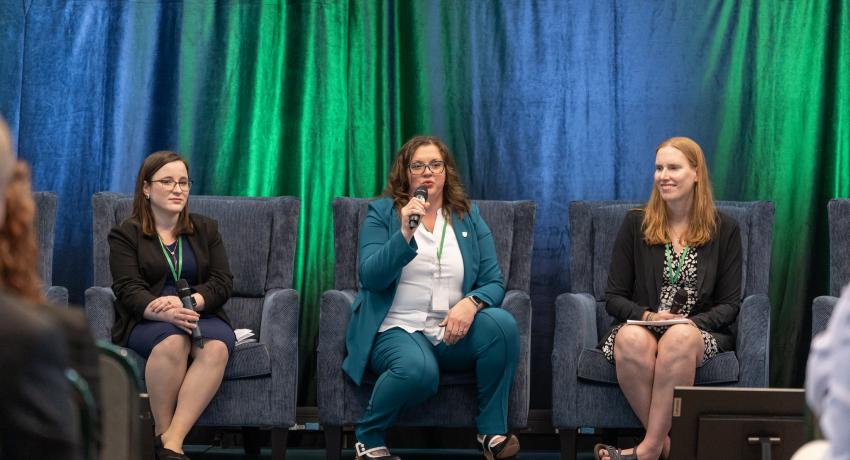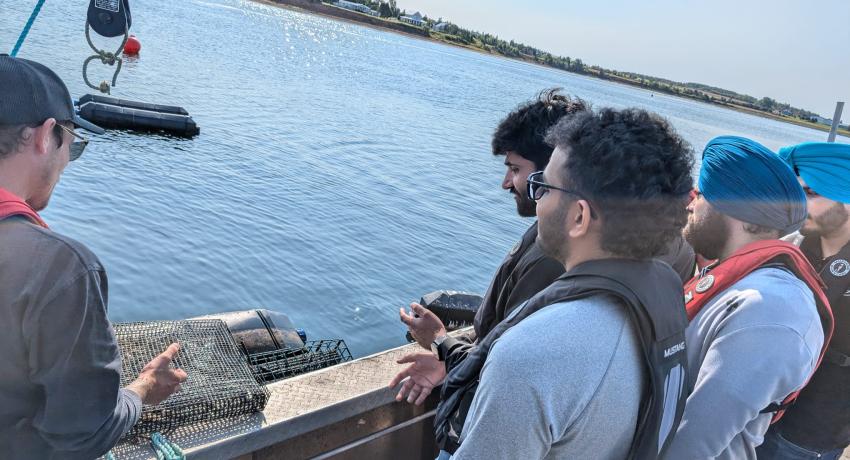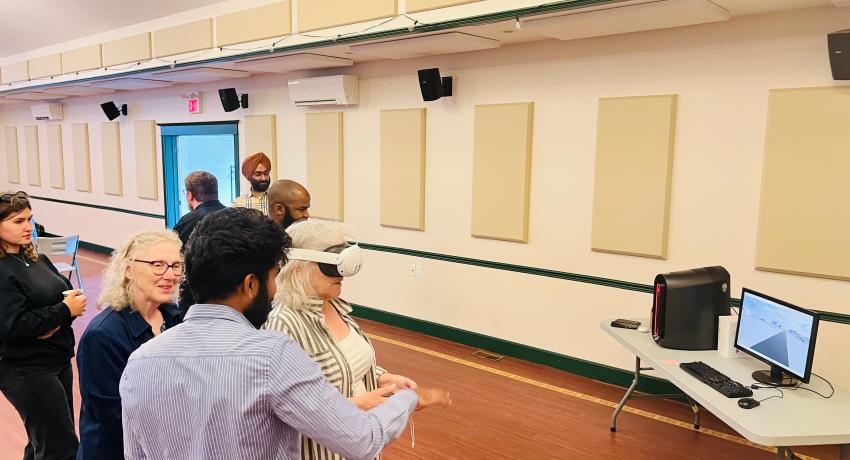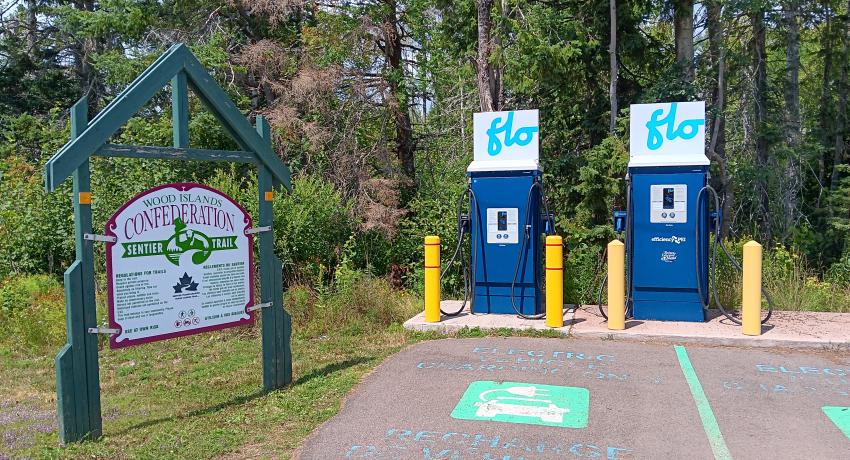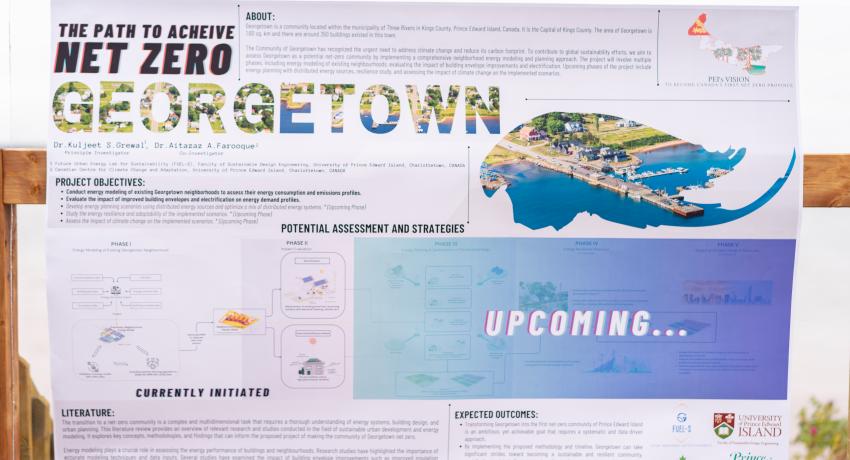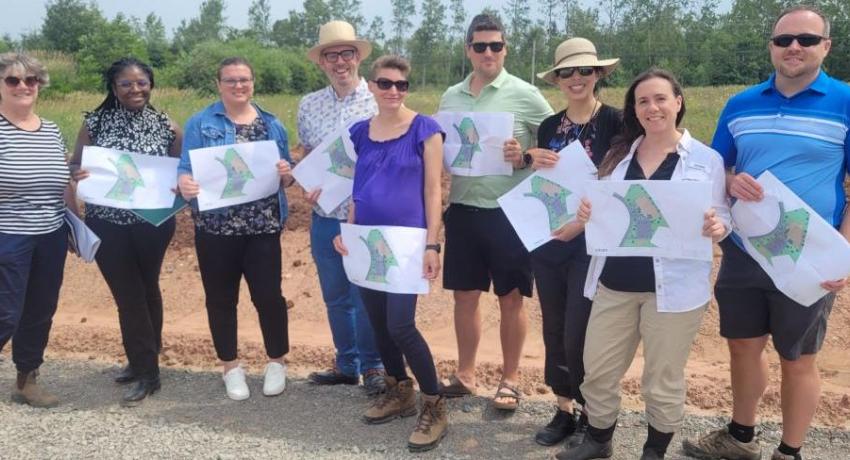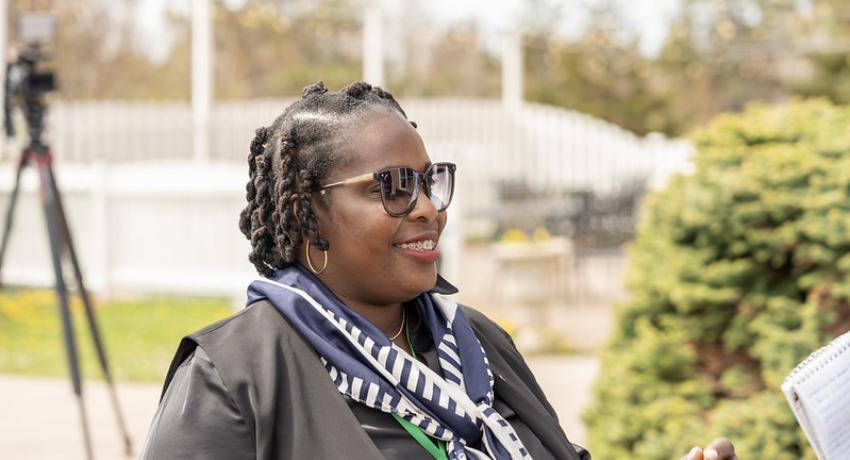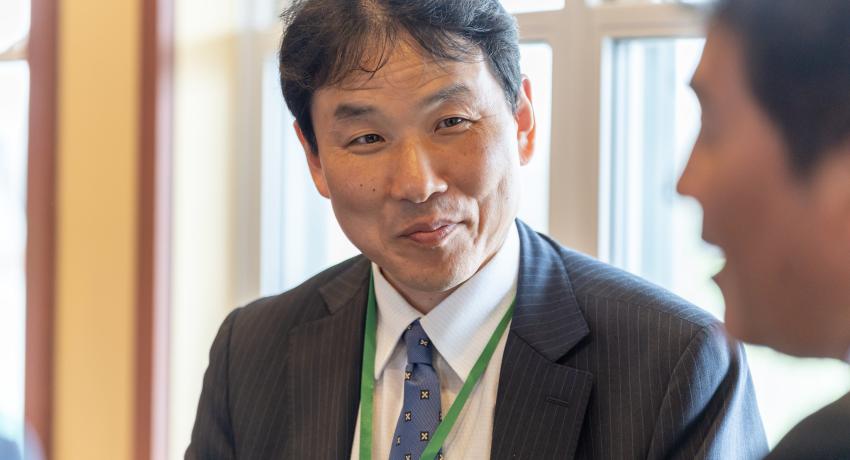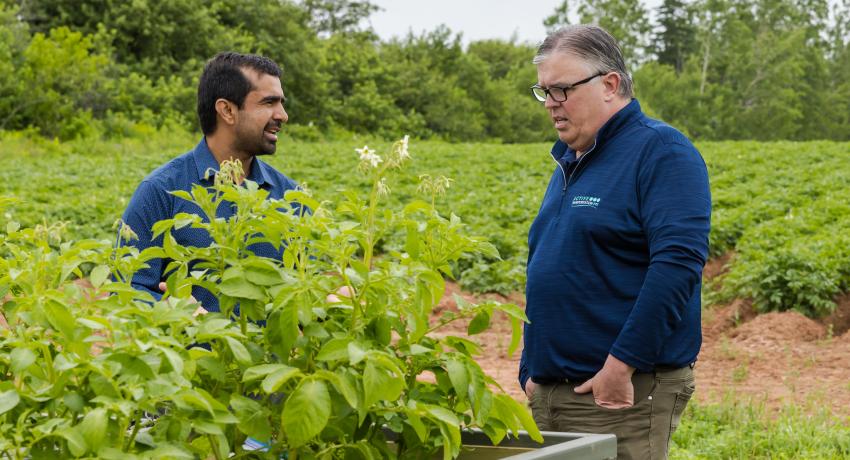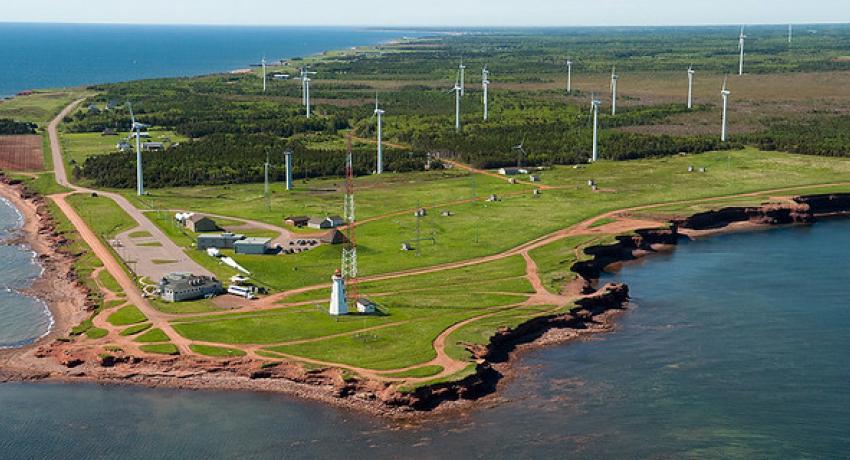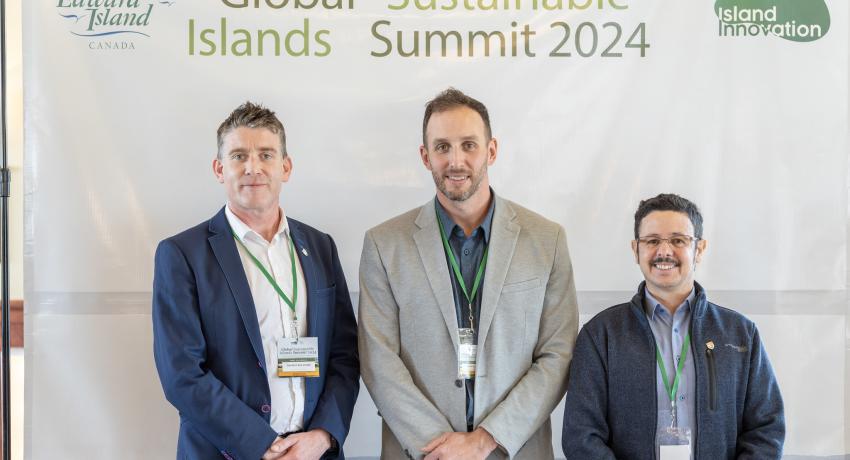Female residents of PEI have given a significant boost to gender equality in their fields. This includes Olympic bobsled champion Heather Moyse, singer Angele Arsenault, Pat Mella, Nancy Guptill, and Catherine Callbeck. Mella, Guptill, and Callbeck were part of the Island’s “famous five,” when women occupied the top governmental positions in 1993.
However, there is more work to do because the cleantech industry still employs mostly men. According to 2022 numbers released by Statistics Canada, almost 75% of jobs in the environment and clean technology field in the country were held by males.
Sandra Moore, Prince Edward Island’s Director of Cleantech Innovation, is a key player when it comes to empowering women in the cleantech industry. Her career has shown young women in girls that they can be just like her and get into cleantech one day.
Despite the current gender discrepancy, Moore believes that flexibility, as well as an increase in role models, are important contributors to the recent expansion of women in cleantech.
“Before, women didn’t see themselves in Cleantech careers. [In] everything from the hard sciences to the skilled trades, there wasn’t a lot of representation from women. That’s changing, and there’s a lot of women can see themselves in those careers. There’s a couple of reasons why," said Moore.
“You see great role models. Right now, we’ve got Kim Griffin from Maritime Electric and Maryanne Rodgers from the Wind Energy Institute of Canada…Before there wasn't a lot of women in those roles. But now, women can start to see themselves in these roles, and the more we see representation, the more women will see those as career opportunities for them.”
Maryanne Rodgers is another inspiring figure on the Island’s cleantech industry. She works at the Wind Energy Institute of Canada (WEICAN) as the scientific director and has been at the company for the last ten years. On a greater scale, Rodgers has been involved in the Cleantech industry since 2001 when she completed her PhD. work at Simon Fraser University (SFU) in Burnaby, British Columbia.
“I think the number of women in Cleantech is going to grow, and I think we will see more women taking leadership positions. I was looking at the numbers here and I’m proud to say in my first five years with WEICAN, only one out of 17 of my hires were women. That’s around just over 5%,” said Rodgers when she was asked about if women in the cleantech industry will grow or stay the same. “In the last five years, that number has grown to nine out of twenty-eight of my hires. So, a little more than 1/3 of my hires have been women.”
“I think that number is going to keep growing as more women enter technical fields and there's more women acting as mentors and eliminating any barriers that women are facing entering the industry.”

